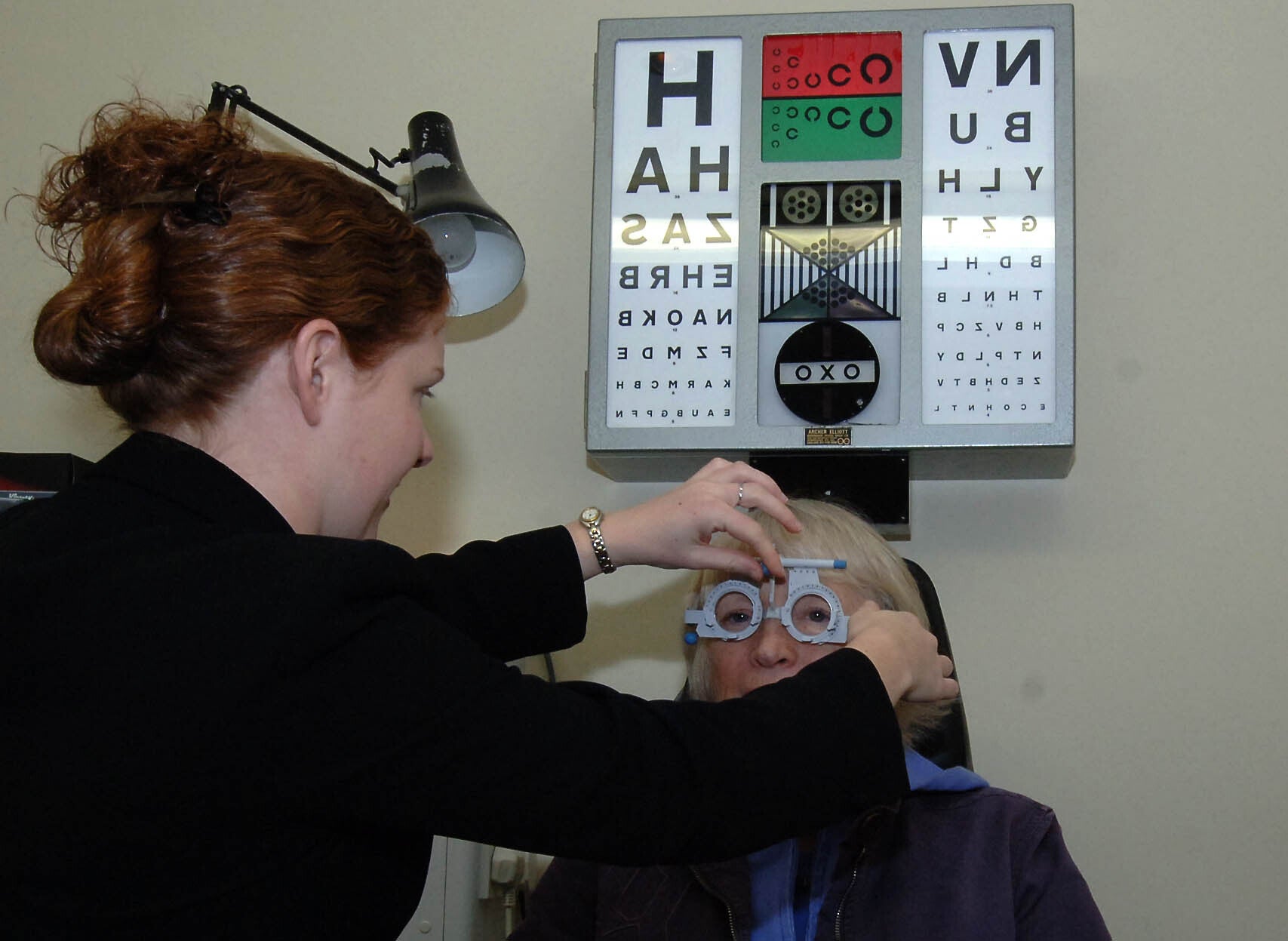Drug treatment for cataracts moves a step closer – study
Researchers suggest the findings are a significant step forward towards treating the condition with drugs instead of surgery.

A new treatment could pave the way for cataracts to be treated with drugs instead of the currently required surgery, new research suggests.
Cataracts are when the lens, the small transparent disc inside your eye, develops cloudy patches of protein, leading to vision loss and blindness for millions worldwide.
A team of international scientists, led by Professor Barbara Pierscionek at Anglia Ruskin University (ARU), have been carrying out advanced tests on a compound proposed as an anti-cataract drug.
It is a significant step forward towards treating this extremely common condition with drugs rather than surgery
In laboratory trials in mice, treatment with the oxysterol compound VP1-001 was shown to restore protein organisation of the lens, resulting in the lens being better able to focus.
This was supported by a reduction in clouding in 46% of cases.
Researchers say there was a remarkable improvement in eyes treated with the compound.
They suggest the findings are a significant step forward towards treating the condition with drugs instead of surgery.
Professor Pierscionek, who is deputy dean in the Faculty of Health, Education, Medicine and Social Care at ARU, said: “This study has shown the positive effects of a compound that had been proposed as an anti-cataract drug but never before tested on the optics of the lens.
“It is the first research of this kind in the world.
“It has shown that there is a remarkable difference and improvement in optics between eyes with the same type of cataract that were treated with the compound compared to those that were not.
“Improvements occurred in some types of cataract but not in all, indicating that this may be a treatment for specific cataracts.
“This suggests distinctions may need to be made between cataract types when developing anti-cataract medications.
“It is a significant step forward towards treating this extremely common condition with drugs rather than surgery.”
The findings are published in the journal Investigative Ophthalmology and Visual Science.
Bookmark popover
Removed from bookmarks